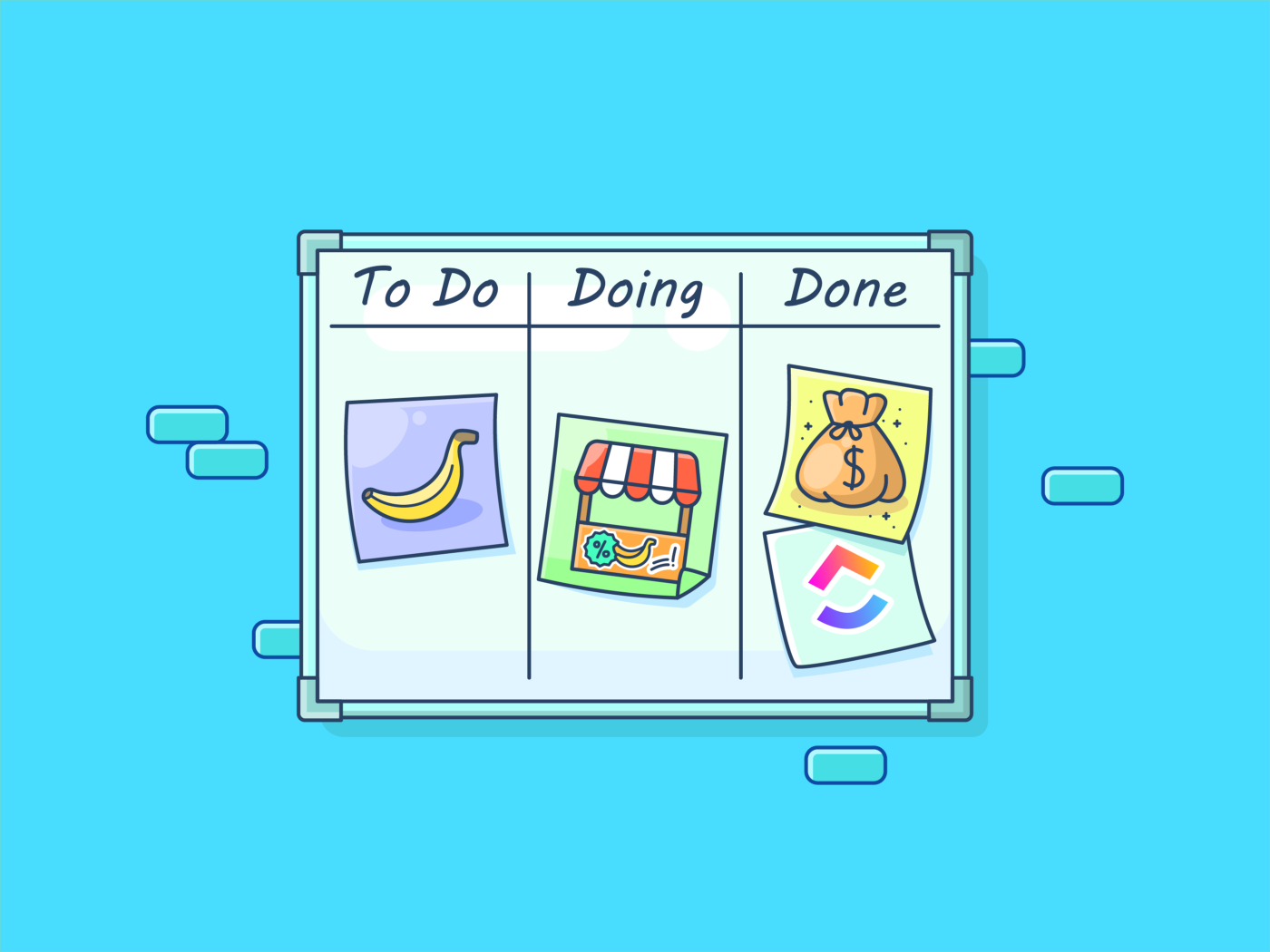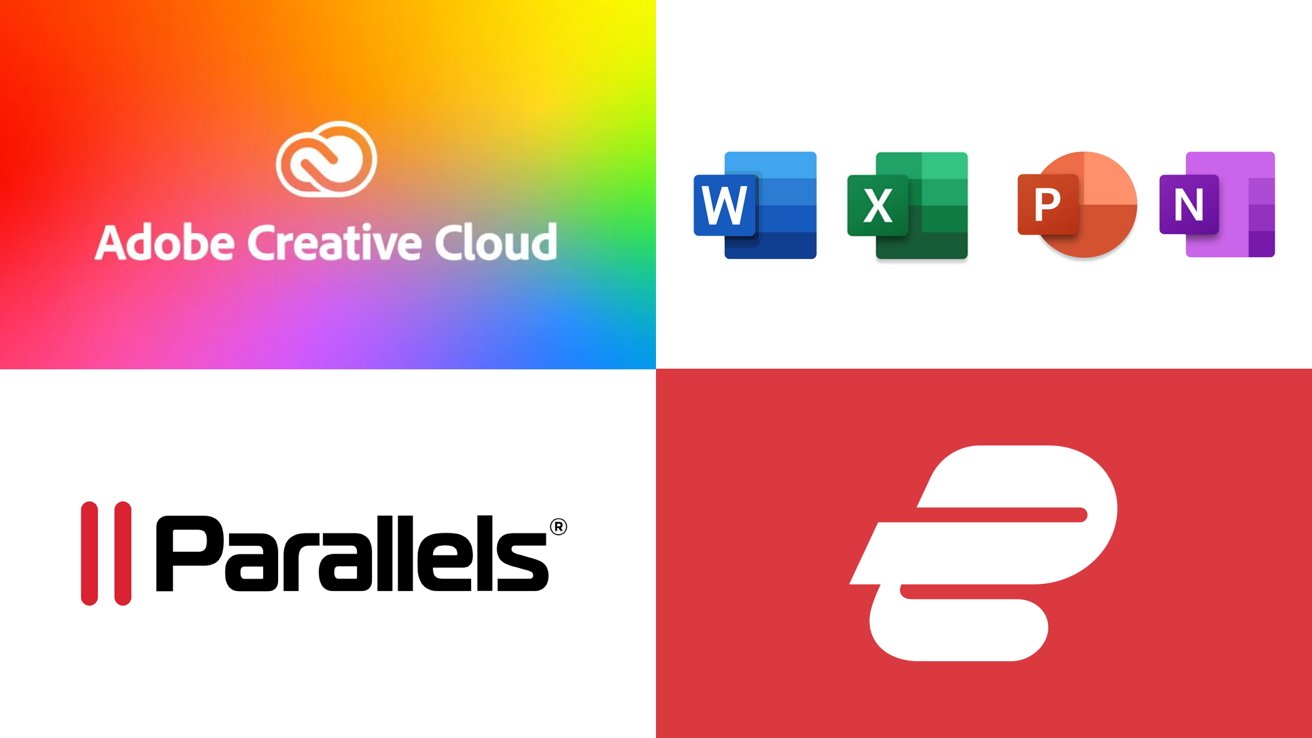Do you have questions about AI and journalism, but don’t know anyone you can ask them to? Ask Vreekamp! This time a question from image editor Hedwig: ‘Are there alternatives to Big Tech’s AI software?’
Best Hedwig,
Many people are experiencing a technology crisis. Reasons to criticize Big Tech are: their capital position, market dominance, opacity, sale of personal data and interference in democratic processes. The outage at Eindhoven Airport shows our vulnerability when things go wrong at Microsoft. High time for a software distribution law. But who catches what?
Marleen Stikker, author of ‘The Internet is Broken’, likes to compare technology with food: we need it, but some forms and production processes are undesirable. Therefore, not only rules are needed, but also software alternatives that are based on social values.
Also read: This is how journalists can stop the AI bots!
Scrutinize with the naked eye
Hedwig, as an image editor you are undoubtedly familiar with AI image generators such as MidJourney and DALL-E. The underlying models can only be built with enormous amounts of money, knowledge, hardware and data and are therefore reserved for a few players worldwide. Development happens in secret, under the guise of competition. However, properly analyzing that training dataset is impossible: it contains 5 billion images. Finding out with the naked eye will cost you 781 years of work, calculated by knowingmachines.org.
There are now ‘open source’ variants of AI. The European AI Regulation was even delayed as a result. Two European players, Mistral and Aleph Alpha, argued that they operate ‘differently’ from the Americans. They wanted exceptions in the law because of their ‘open source’ approach: their code can be viewed and modified. However, there is uncertainty in the industry about what ‘open’ means in AI. Platform Hugging Face is interesting here, because it collaborates with tech companies and has been offering more open and less biased AI applications for a number of years.
Individual replacements like GPT4All give you access to several well-known chatbots at the same time; you decide which language model you use. Datashare (ICIJ) is a good alternative for analyzing large quantities of documents. Podcaist.com offers similar capabilities to Google’s NotebookLM, which converts document content into a ‘synthetic’ audio conversation. TNO has been working on GPT-NL, a Dutch open language model, since last year. The sixteen million euros in subsidies are peanuts compared to the billions that tech companies invest. So it will take some time, Hedwig, before there are more honest, open and user-friendly alternatives.
I admit: our relationship with technology is largely flawed. It is enlightening (and confronting) to take an inventory of all your digital tools with the ‘Digital Sink Kitchen’ from PublicSpaces. They help reduce your Big Tech footprint in four steps.










